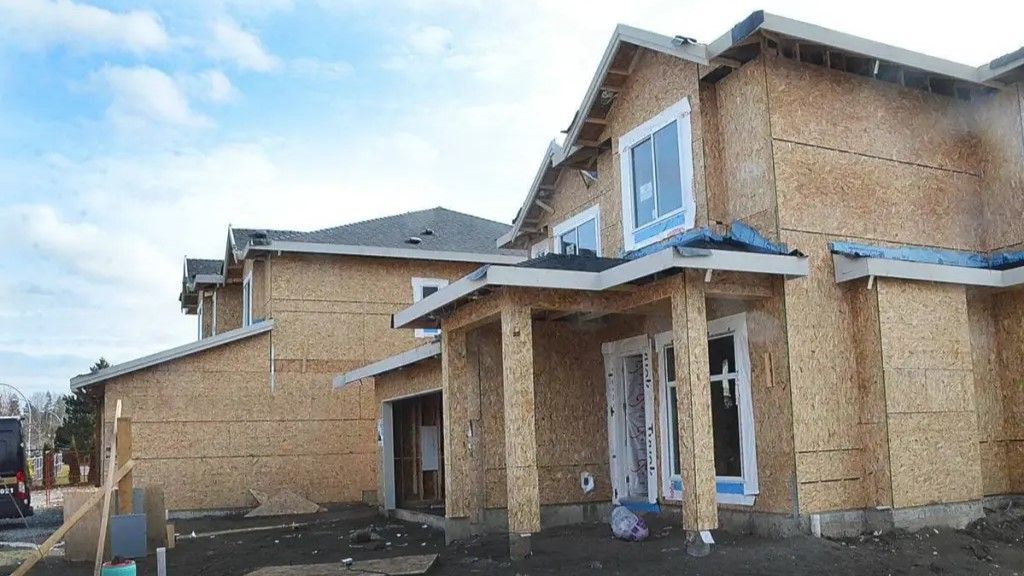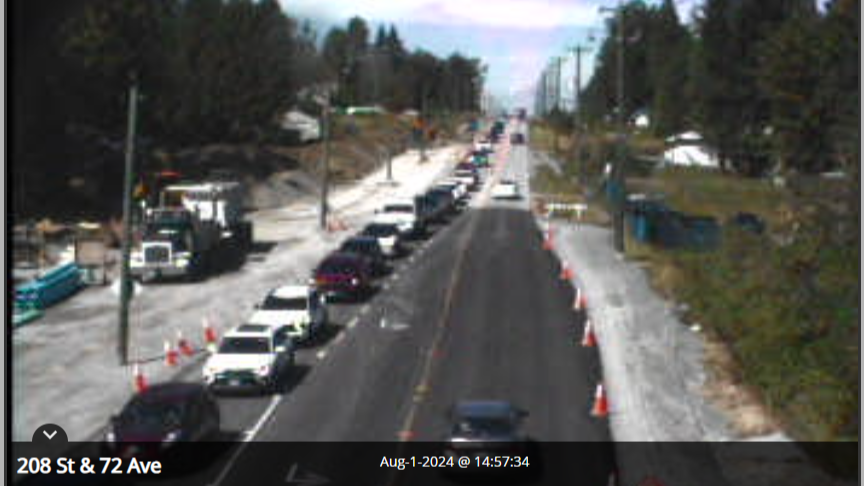BC's home values are now worth 24% of Canada's entire total
Kenneth Chan - Daily Hive • December 9, 2021

British Columbia is, of course, the epicentre of Canada’s housing affordability crisis, and new data provides yet another indicator of how home prices are completely out of proportion with the living reality.
Total assessed home values in BC in 2020 reached $1.4 trillion, which is a 4.2% or $61 billion year-over-year drop, according to a new breakdown of Statistics Canada data by Better Dwelling.
BC was the only jurisdiction of Canada’s four largest provinces to see a value decline during the 2020 assessment year. But this still amounts to BC accounting for 23.5% of Canada’s total assessed home values, even though its population of just over five million residents represents 13% of the country’s entire population.
In contrast, the assessed home values in Canada’s most populous province, Ontario, reached $2.76 trillion in 2020 — up from $2.6 trillion in 2019. Ontario has a population of about 14.6 million.
Despite having about 66% more residents than BC, Quebec’s total home values of $910 billion were about 53% lower than Canada’s westernmost province. Assessed home values in Quebec saw a slight year-over-year increase of about $5 billion.
In contrast, the assessed home values in Canada’s most populous province, Ontario, reached $2.76 trillion in 2020 — up from $2.6 trillion in 2019. Ontario has a population of about 14.6 million.
Despite having about 66% more residents than BC, Quebec’s total home values of $910 billion were about 53% lower than Canada’s westernmost province. Assessed home values in Quebec saw a slight year-over-year increase of about $5 billion.
Neighbouring Alberta has a population of roughly 4.4 million, comparable to BC, but its total home value of $610 billion in 2020 was less than half BC’s total. For Alberta, this was a year-over-year gain of about $1 billion in values.
For Canada as a whole, the national residential property assessment value reached $6.1 trillion in 2020 — up 2.5% or $146 billion from 2019. This is 300% more than Canada’s gross domestic product (GDP), an indicator that housing far exceeds the country’s economic output. In contrast, housing in the United States was worth 170% of the national GDP in 2020.
Canada’s total assessed home values have crept upwards from $5.28 trillion in 2017, $5.81 trillion in 2018, and $5.93 trillion in 2019.
For Canada as a whole, the national residential property assessment value reached $6.1 trillion in 2020 — up 2.5% or $146 billion from 2019. This is 300% more than Canada’s gross domestic product (GDP), an indicator that housing far exceeds the country’s economic output. In contrast, housing in the United States was worth 170% of the national GDP in 2020.
Canada’s total assessed home values have crept upwards from $5.28 trillion in 2017, $5.81 trillion in 2018, and $5.93 trillion in 2019.







